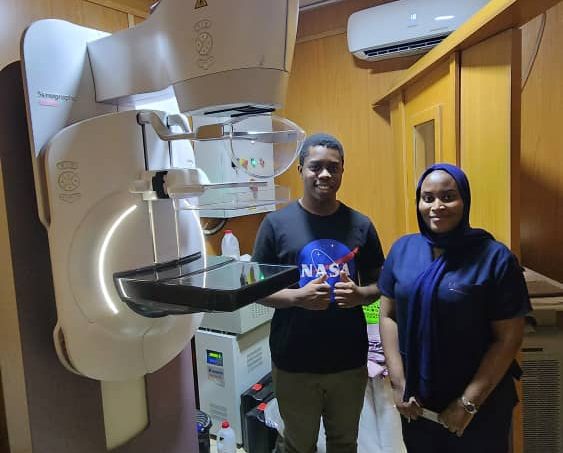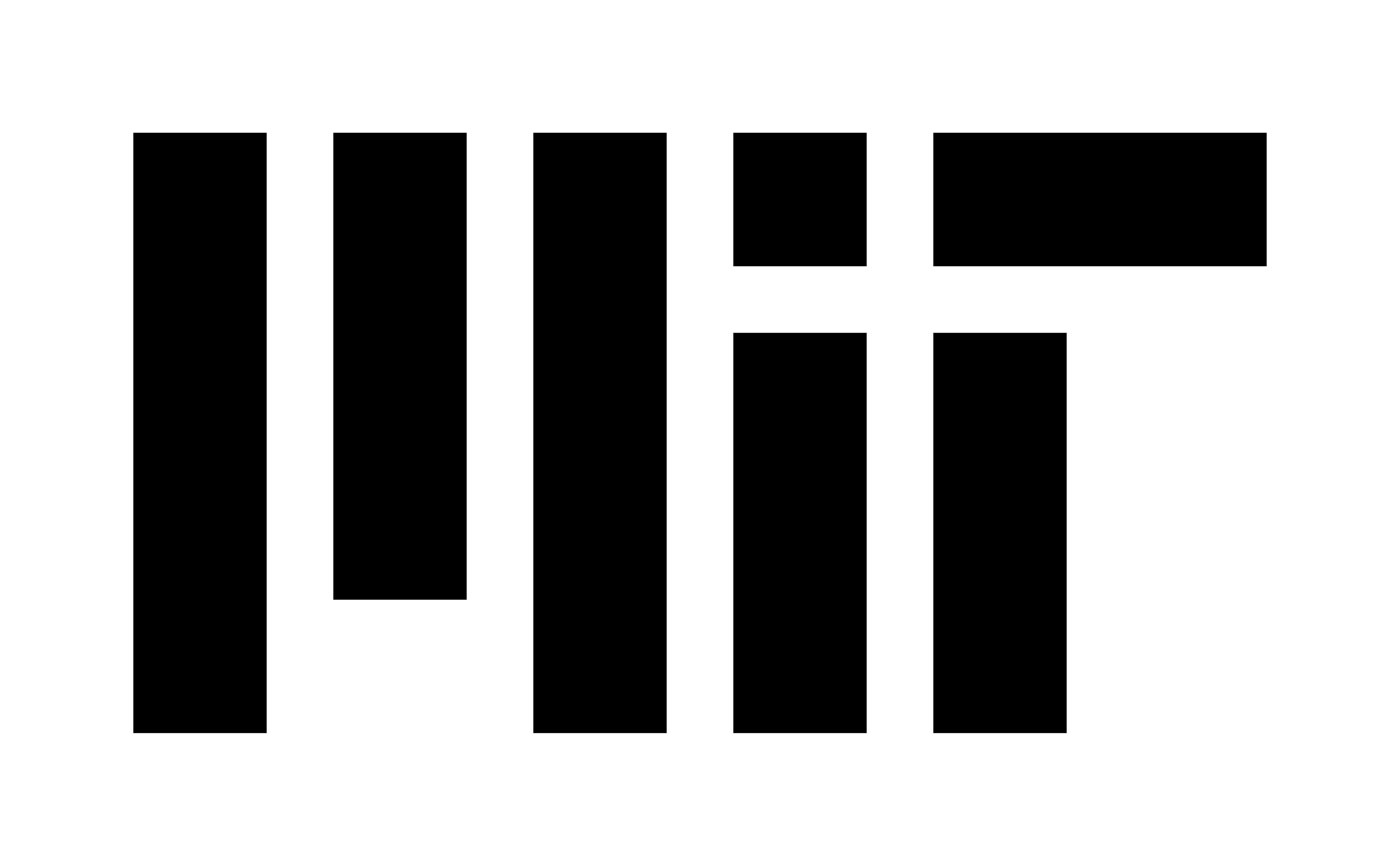Bridging Continents with AI: From Boston to Abuja, Advancing Breast Cancer Detection with Mirai

Walking briskly to keep pace with the scrub-clad figure ahead, I was immersed in the familiar sights and sounds of a hospital. The scene brought memories of a similar walk over 5,000 miles away at Massachusetts General Hospital in Boston, 18 months earlier. The hospital scene in Boston had dozens of intellectually curious teenagers and was a part of the MIT Jameel Clinic summer program’s inaugural edition designed to teach AI and machine learning. That summer fueled my interest in AI in health and helped set the building blocks for my journey that were now leading me to the radiology department at Nisa Premier Hospital in Abuja, where I would soon view some mammograms as part of a collaboration utilizing Jameel Clinic’s groundbreaking AI tool, Mirai.
Learning to deploy Mirai has been an eye-opening experience for me about the potential of AI in healthcare. It is exciting to see how quickly Mirai generates a 5-year prediction score for breast cancer from simple images in less than a minute. Research shows survival rates of 68.8% in Nigeria when breast cancer is discovered in the 1st year but rapidly drops to 33.3% for discovery in the 5th year. The significance of a tool like Mirai cannot be overstated, it can play an important role in reducing Nigeria’s cancer deaths of about 70,000 annually, with breast cancer accounting for a substantial share.
There are a number of challenges that can affect the deployment of an important tool like Mirai in Nigeria. These include the limited pool of images due to the cost of mammograms, the low equipment-to-patient ratio and cultural phobia against screening, among others. The team is currently working with about 1,200 DICOM images and plans are underway for a free mammogram screening campaign to ramp up the image pool significantly, while eliminating the traditional fee of about $20 for such mammograms. The proposed 60-day campaign with an increased number of radiographers will compensate for the insufficient datasets and advocacy efforts will try to address the cultural phobia. An option to help mitigate the very low equipment-to-patient ratio, which in Nigeria can be as low as 0.01%, would be to look into gaining access to channels that provide lower cost pre-owned equipment that meet international standards.
My participation in the Jameel Clinic summer programs also motivated me to design and develop BRAINS — a program that brings AI to underserved communities. Bringing Real-world Artificial Intelligence and Next-generation Skills (BRAINS) teaches children about AI in a participatory and fun way and also helps them develop the skills needed for an AI-powered future.
Working with Mirai and developing the BRAINS program has brought the knowledge of all that I learnt at the summer programs into perspective in a way that has heightened my appreciation of the possible impact of AI in health and education, especially when it is made available to underserved communities.
AI in health presents a future where doctors will be able to offer more personalized treatment, and be less likely to make mistakes as AI tools become more accurate, leading to better patient outcomes. It could also lower the healthcare cost burden on patients and greatly improve their experience as better diagnoses are made which could lead to less invasive treatments for them.
I’m so grateful for the opportunity that I had to be a part of the Jameel Clinic summer bootcamp and will keep learning, growing and enjoying my AI journey.


